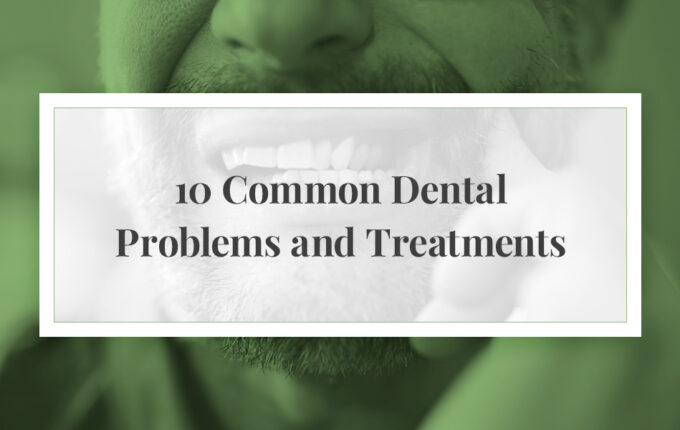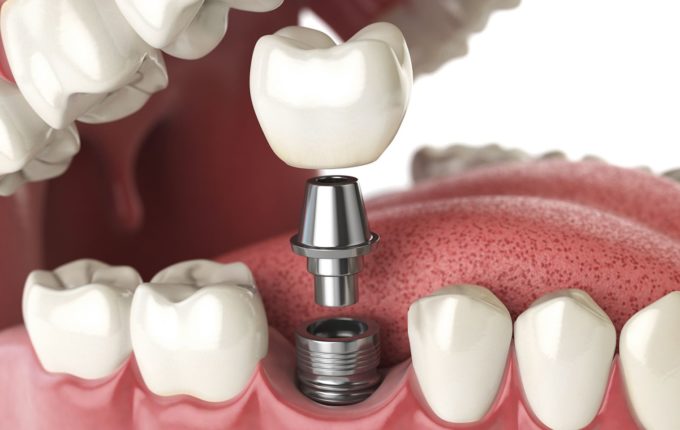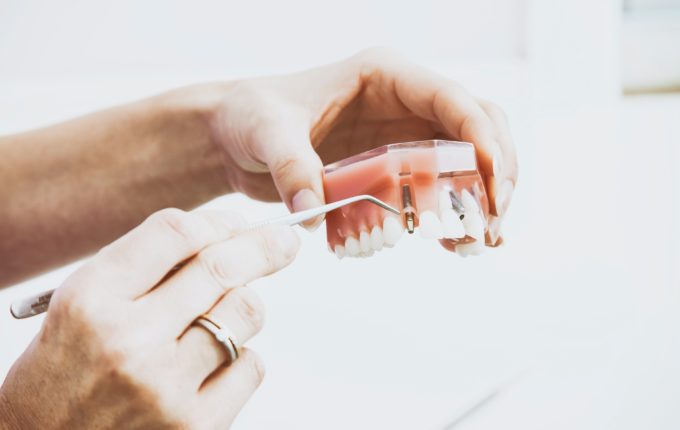The Effects of Smoking on Dental Implants
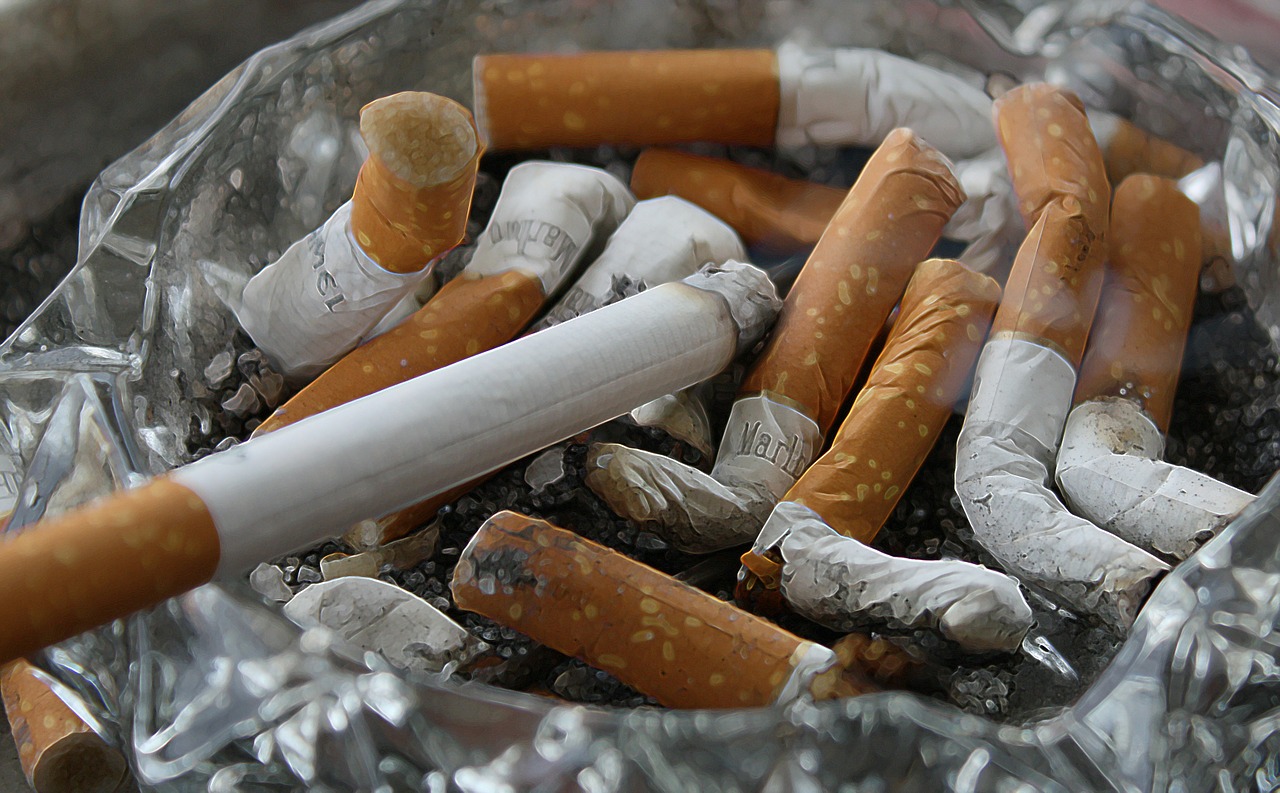
Smoking — in any form — is destructive to gums, teeth and overall oral health. Smoking is a contributing cause of many dental issues and complicates a number of others. Common negative side effects smoking has on teeth include:
- Increased buildup of plaque and tartar
- Tooth staining
- Accelerated bone and tissue damage
- Higher rates of tooth loss and edentulism
- Inflamed saliva glands and other inflammation in the mouth
- Greater risk of gum disease (periodontitis), periodontal disease and oral cancer
Smoking can also prevent, complicate or undo dental surgical procedures, including implants. Smoking and tobacco use delay the body’s natural healing process. They increase the risk of infection following a procedure and can even lead to total rejection of a dental implant.
Smoking and Dental Implants
Smoking has a negative effect on dental implants both before and after surgery. In some cases, smoking may be the root cause of tooth loss leading to the dental implant procedure. Cigarettes, smokeless tobacco and vaping will all impact the health and success of an implant. Dental implants are adversely affected by:
- Tobacco and nicotine use: Implants fuse to bone and tissue through a process known as osseointegration. Following an implant procedure, the body needs time to repair. Tobacco and nicotine use leading up to or following surgery can restrict and reduce white blood cell flow. Introducing fewer white blood cells can delay or prevent the healing process from completing successfully.
- Smoke and vapor damage: Smoke and vapors traveling through the mouth are hot and filled with dangerous chemicals. Smoke also blocks the production of saliva, which can increase the risk of gum disease and interfere with healing. In terms of dental implants, cigarette smoke will not generally damage the implant directly, but it can weaken the surrounding organic tissues. This can make it hard for the implant to integrate, increasing the risk of implant failure.
Smokers experience dental implant failure more often than non-smokers. Failure is typically due to increased healing complications, peri-implantitis and incomplete osseointegration. These can lead to harmful infections and even total implant loss. Discontinue tobacco use to improve your chance for a successful procedure.
How to Help Increase Your Chances of a Successful Dental Implant
Planning a successful dental implant procedure begins before surgery. Smokers must quit all tobacco and nicotine use at least one week before surgery. Discontinuing use for a more extended period leading up to the procedure will improve the body’s healing capabilities.
After surgery, wait two months before restarting tobacco use to ensure healing is complete. Complete and total abstinence from tobacco, nicotine and vaping products is the best way to support oral health now and well into the future.
The sooner a dentist installs implants following tooth loss, the better chances you have that your implant will be a success. Over time, the remaining teeth will shift, creating unnatural gaps causing additional oral complications. Bone loss can also occur around the site of a missing tooth, making it harder for the implant to integrate. If you’re considering dental implants, start preparing today.
For more information regarding dental implants or to schedule an examination, visit us online or call us at 212-355-2290.
 Our History
Our History
 Our Providers
Our Providers
 About Us
About Us
 Blog
Blog
 Contact us
Contact us
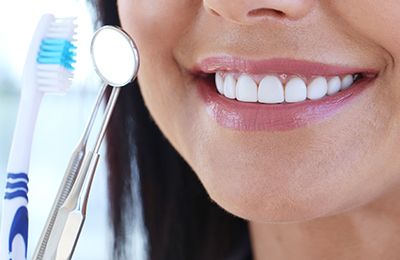 Diagnostic & Preventive
Diagnostic & Preventive
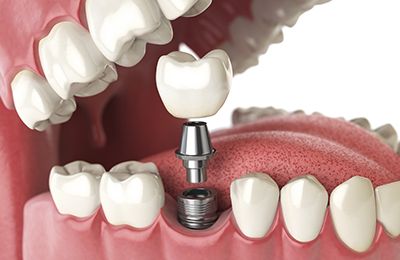 Implant Dentistry
Implant Dentistry
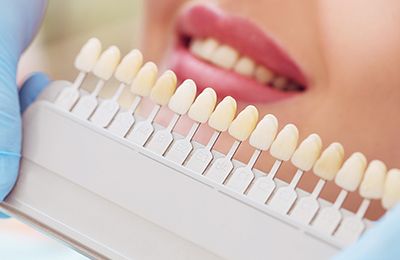 Cosmetic Dentistry
Cosmetic Dentistry
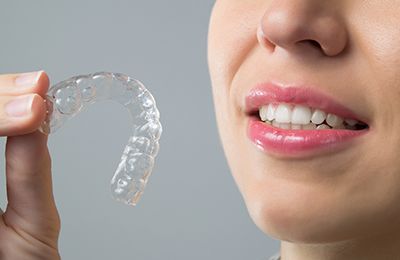 Clear Braces
Clear Braces
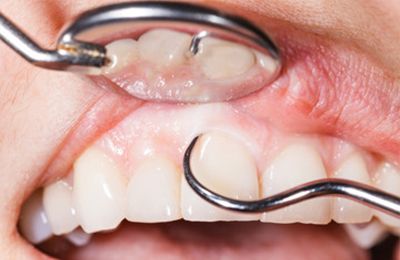 Periodontics
Periodontics
 Patient Forms
Patient Forms
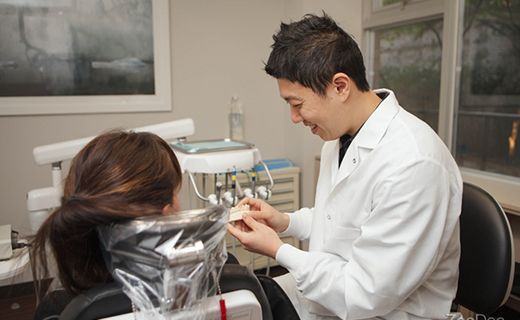 Payment Information
Payment Information
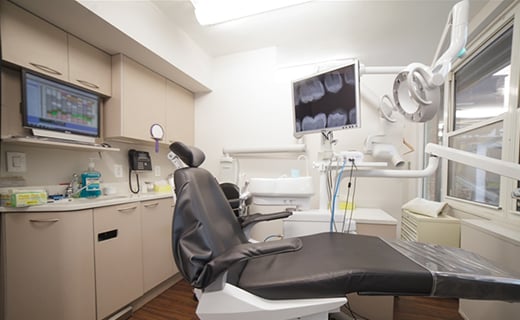 Insurance Options
Insurance Options
 CareCredit Dental
CareCredit Dental
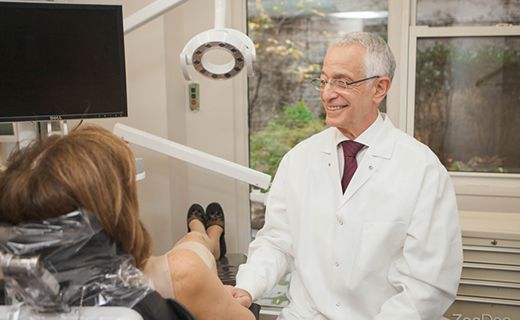 Appointment Policy
Appointment Policy
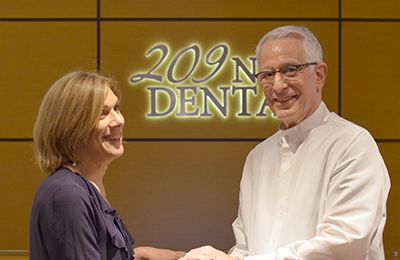 Free Consultation
Free Consultation
 Complimentary Teeth Whitening
Complimentary Teeth Whitening
 Teeth Whitening
Teeth Whitening
